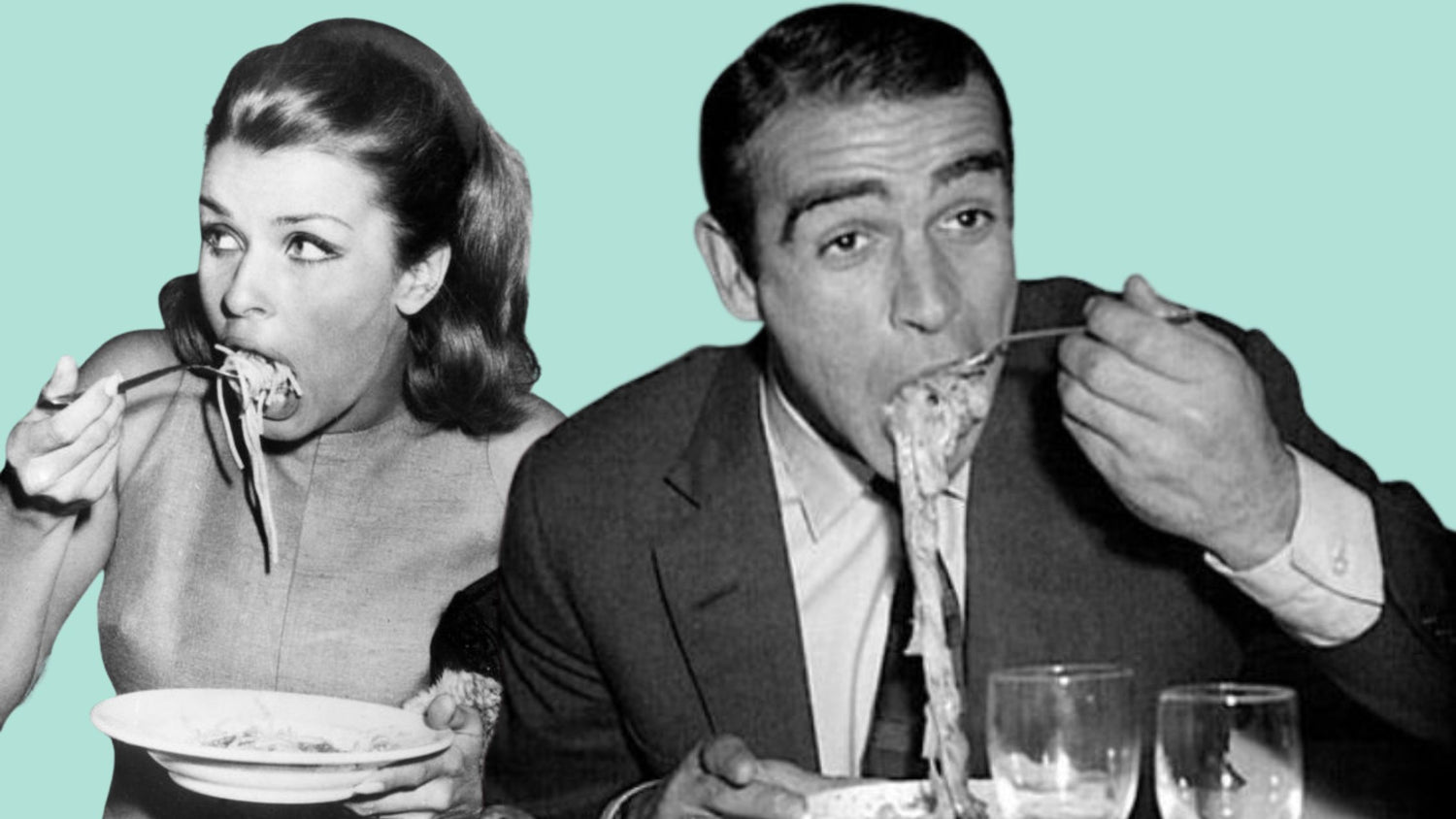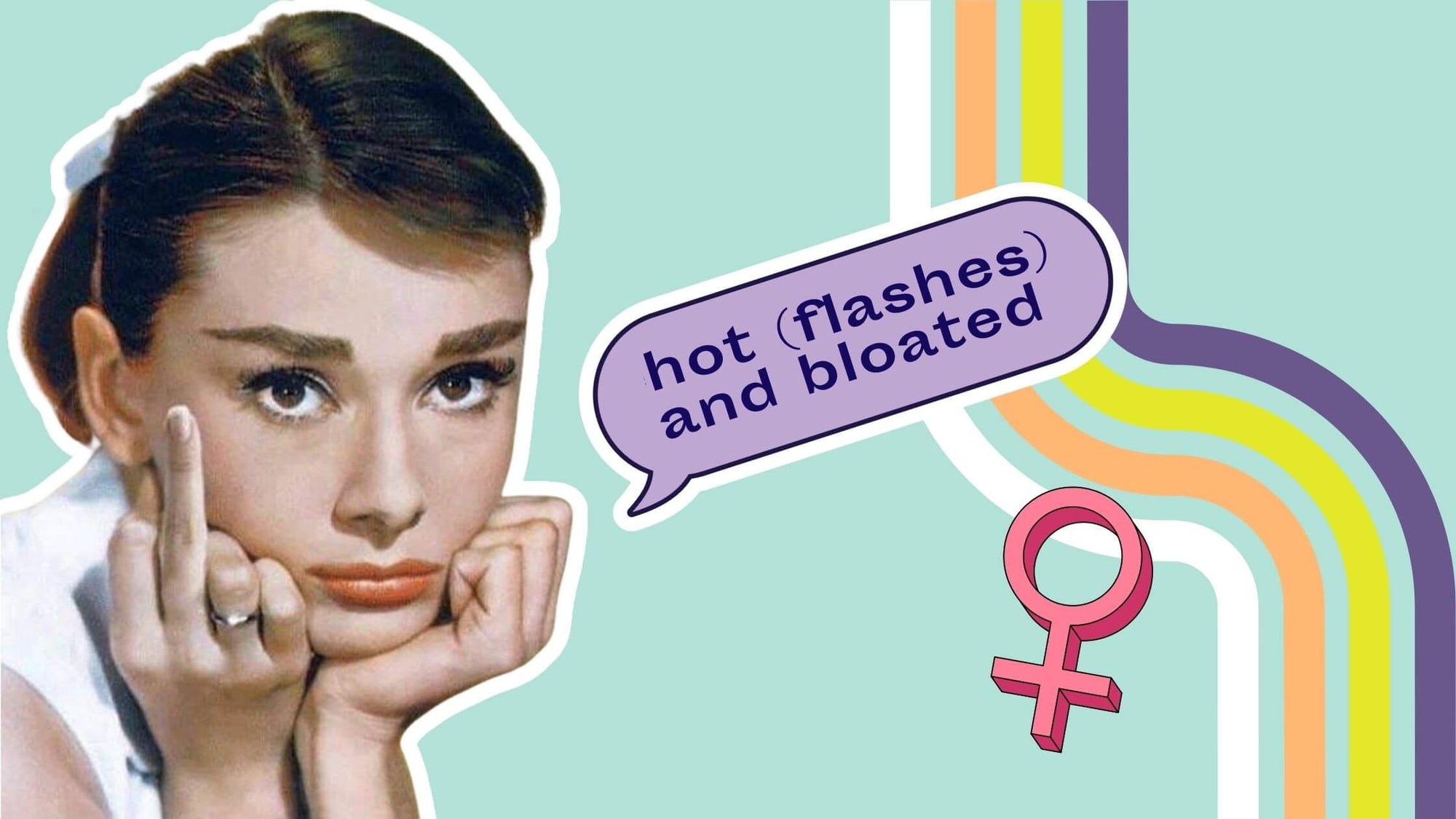Gluten is a protein found in grains such as wheat, barley, and rye. While most people can consume gluten without any adverse effects, some people may experience discomfort after consuming gluten-containing foods, including bloating. In this blog post, we will explore why gluten can cause bloating and what you can do to alleviate this symptom.
First, let's understand what bloating is. Bloating is a common symptom characterized by a feeling of fullness or tightness in the stomach. It is often accompanied by a visible distension of the abdomen. Bloating can be caused by several factors, including overeating, gas, constipation, and gastrointestinal disorders.
Why Does Gluten Make you Bloat?
One of the main reasons gluten can cause bloating is because it is difficult to digest. Gluten is a complex protein composed of two main components: glutenin and gliadin. These components are resistant to digestive enzymes, which means that they are not broken down completely during digestion. As a result, undigested gluten can cause irritation and inflammation in the small intestine, leading to bloating. As the undigested parts reach the intestines, they are feeding gas producing bacteria causing you to bloat. Generally, gluten is commonly a bit more challenging to break down than some other proteins for a lot of people which can cause bloating - and commonly referred to after eating pasta and pizza etc.
Coeliac
In people with coeliac disease or non-coeliac gluten sensitivity, the immune system reacts to gluten as if it were a foreign invader. This immune response can damage the lining of the small intestine, causing inflammation and reducing the body's ability to absorb nutrients. The resulting inflammation can lead to bloating, along with other symptoms such as diarrhea, constipation, and abdominal pain.
Another way that gluten can cause bloating is by altering the gut microbiome. The gut microbiome is a complex ecosystem of bacteria that live in our digestive system. These bacteria play a crucial role in maintaining our overall health, including helping us digest food, regulating our immune system, and producing important vitamins and nutrients.
Research has shown that consuming gluten can alter the composition and diversity of the gut microbiome. In particular, gluten has been shown to increase the abundance of certain types of bacteria that produce gas, such as Bifidobacterium and Lactobacillus. When these bacteria produce gas in the digestive system, it can lead to bloating and discomfort.
Allergies
People may also have a wheat allergy which is different to celiac disease. Bloating is one of the symptoms of this allergy but you may also experience hives, coughing, difficulty breathing and itchiness. This can be diagnosed through a blood test.
What to do if you eat Gluten?
So, what can you do if you experience bloating after consuming gluten-containing foods? The first step is to eliminate gluten from your diet and see if your symptoms improve. This may involve working with a qualified healthcare professional to determine if you have coeliac disease or non-coeliac gluten sensitivity.
If you do have coeliac disease, it's important to completely eliminate gluten from your diet to prevent further damage to your small intestine. This means avoiding all sources of gluten, including wheat, barley, rye, and any processed foods that may contain hidden sources of gluten.
If you have non-coeliac gluten sensitivity, you may be able to tolerate small amounts of gluten without experiencing symptoms. However, it's important to work with a qualified healthcare professional to determine your tolerance level and to identify any other dietary triggers that may be contributing to your symptoms.
Taking digestive enzymes can also aid the digestion of gluten with a sensitivity (but not allergy or coeliac) - AN-PEP and Latiglutenase are starting to show promising results in studies at reducing the adverse effects of gluten in those who are sensitive.









